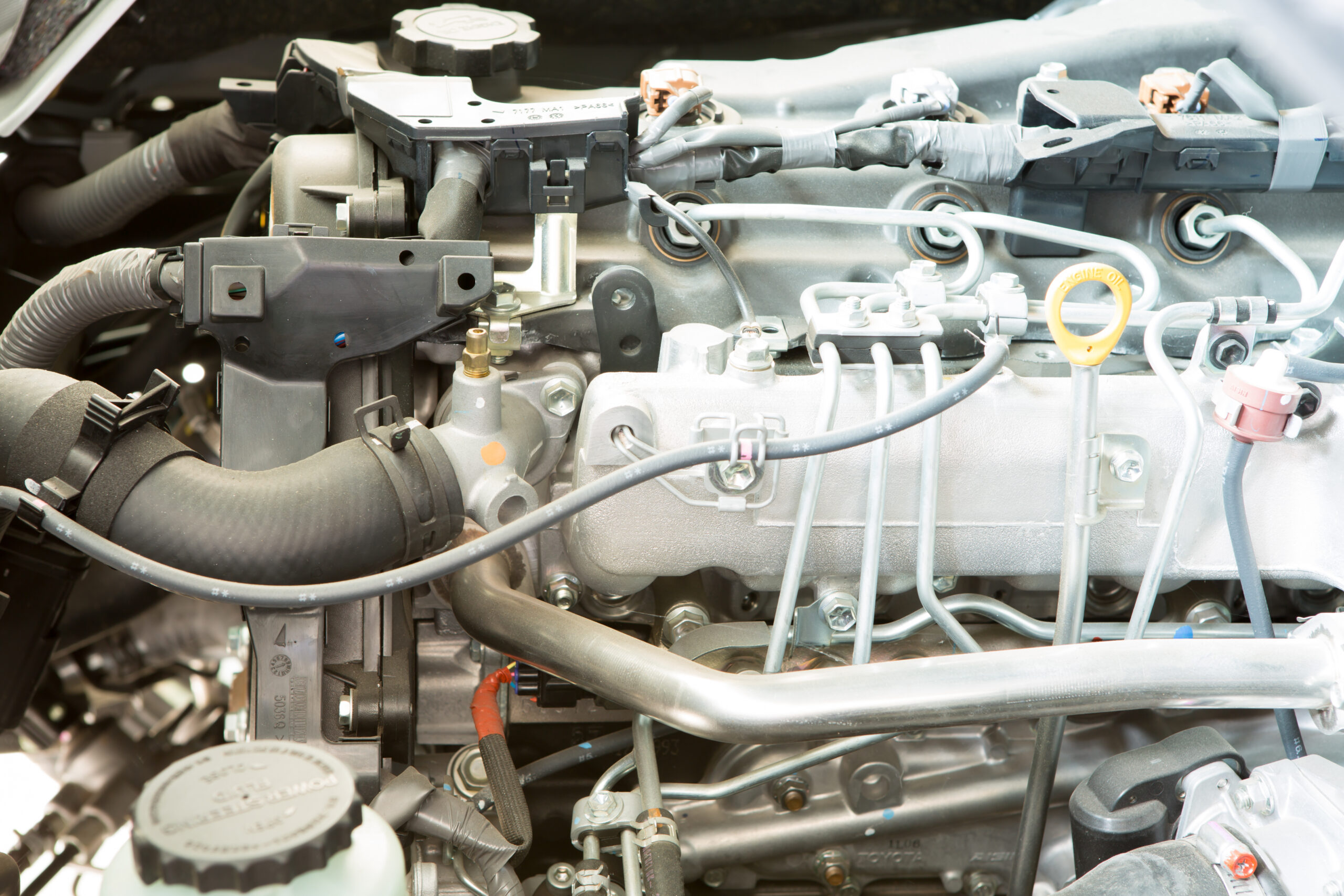When considering the purchase of an accident-damaged car in South Africa, evaluating the condition of the fuel system and potential fuel efficiency is crucial. The fuel system plays a vital role in the vehicle’s performance and overall operating costs. Understanding the impact of an accident on the fuel system and assessing the potential fuel efficiency can help buyers make informed decisions. In this article, we will discuss essential factors to consider when evaluating the fuel system and potential fuel efficiency of an accident-damaged car in South Africa.
- Inspect the Fuel Tank and Lines:
Begin by examining the fuel tank and lines for any visible signs of damage. Check for dents, leaks, or corrosion on the fuel tank. Inspect the fuel lines for cracks, loose connections, or signs of wear. Any damage to the fuel tank or lines can lead to fuel leakage or inefficient fuel delivery, affecting both performance and fuel efficiency.
- Assess Fuel Pump Functionality:
The fuel pump is responsible for supplying fuel from the tank to the engine. Ensure that the fuel pump is in proper working condition. Start the engine and listen for any unusual noises coming from the fuel pump. Inconsistent fuel delivery or a faulty fuel pump can lead to poor fuel efficiency and engine performance.
- Examine the Fuel Injectors:
Inspect the fuel injectors for any signs of damage or blockage. Clogged or damaged fuel injectors can affect the fuel spray pattern, leading to inefficient fuel combustion and reduced fuel efficiency. Look for symptoms such as rough idling, misfires, or decreased power, which may indicate issues with the fuel injectors.
- Check the Fuel Filter:
The fuel filter is designed to remove impurities from the fuel before it reaches the engine. A clogged or dirty fuel filter can restrict fuel flow, reducing fuel efficiency and potentially causing damage to other components. Ensure the fuel filter is clean and in good working condition or consider replacing it if necessary.
- Evaluate Fuel Efficiency:
While assessing the fuel system, consider the potential fuel efficiency of the accident-damaged car. Factors such as engine condition, aerodynamics, tire condition, and overall vehicle weight can affect fuel consumption. Research the manufacturer’s specifications for the specific make and model to determine the expected fuel efficiency. Keep in mind that accident damage may have a negative impact on fuel efficiency, so be realistic in your expectations.
- Seek Professional Assistance:
If you are uncertain about evaluating the fuel system or determining the potential fuel efficiency of an accident-damaged car, it is advisable to seek the expertise of a qualified mechanic or automotive technician. They can conduct a comprehensive assessment, diagnose any fuel system issues, and provide valuable insights into the vehicle’s fuel efficiency.
- Consider a Pre-Purchase Inspection:
Before finalizing the purchase of an accident-damaged car, consider arranging a pre-purchase inspection with a reputable automotive service provider. They can perform a thorough evaluation of the fuel system, conduct fuel efficiency tests, and provide an overall assessment of the vehicle’s condition.
Evaluating the fuel system and potential fuel efficiency of an accident-damaged car is crucial when making a purchasing decision in South Africa. By inspecting the fuel tank and lines, assessing the fuel pump functionality, examining the fuel injectors and filter, and considering the potential fuel efficiency, buyers can make informed choices. Seeking professional assistance and conducting a pre-purchase inspection can provide additional peace of mind. Remember, a well-maintained and efficient fuel system contributes to better performance and lower operating costs in the long run.











